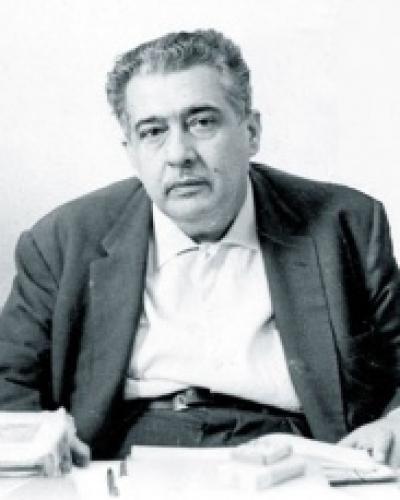If you’re visiting Havana, or planning to do so, a stroll along The Prado, between Central park and the harbour is a must. There is a lot of culture to take in and we won’t even try to begin to do it justice here. But very close to all of the visual splendour is something for the lovers of Cuban literature. Steps from Prado, at 162 Trocadero Street is a beautifully renovated old house. Now a museum, 162 Trocadero street is filled with over ten thousand books and was the site of countless literary meetings with young writers who would stop by to engage maestro José Lezama Lima in dialogue.
Born in Havana, Cuba, on December 19, 1910, José Lezama Lima is a major Latin-American literary figure. Apart from two brief trips--one to Mexico in 1949 and another to Jamaica in 1950--the "immobile traveller," as Lezama identified himself, never left Havana, dedicating himself entirely to writing and exploring the cultures of the world through his readings. Until the publication of his novel Paradiso in1966, which brought him instant international fame and notoriety, Lezama was primarily known as a poet. In 1937, at the age of 27, his first poetic composition, Death of Narcissus, Muerte de Narciso was published.
The linguistic exuberance and ornamental erudition of this long, mythological poem sent shock waves through the Cuban literary establishment. Here was a difficult, yet highly bewitching and extravagant new style of baroque poetry--in the tradition of the great seventeenth-century Spanish baroque master Luis de Góngora--that translated reality into a dense labyrinth of verbal allusions.
Lezama soon published other collections of poetry and books of essays, all highly provocative with their textured imagery and allegorical symbols. In addition, he founded and edited several important literary journals, among them Orígenes (1944-1956), considered by Latin-American scholars to have been one of the most significant literary magazines of the twentieth century.
For Lezama, literature was the expression of a dynamic and vital search for truth. It was this search for a lost, unitary principle, the process in itself rather than the end result, that motivated him most. His writing is marked by a constant probing of the boundaries of knowledge and artistic expression.


